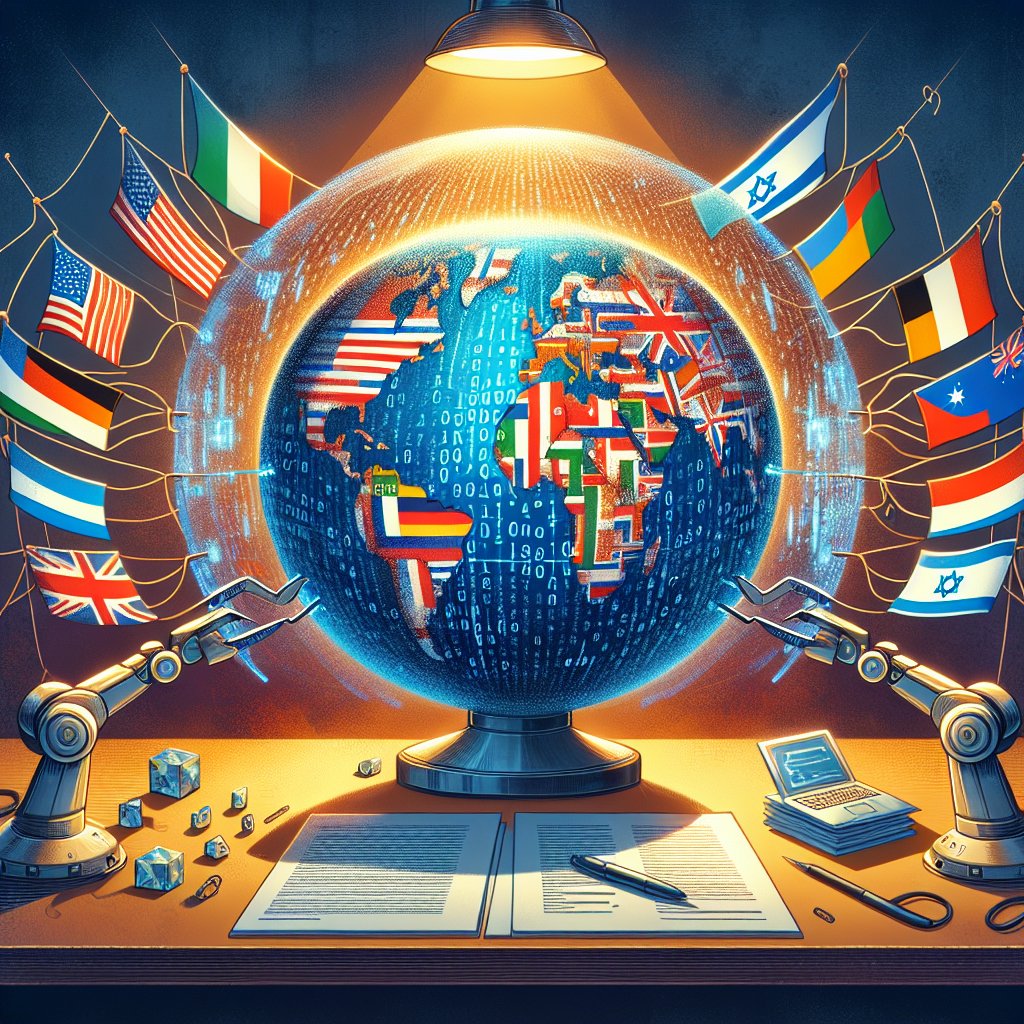Image: AI generated for illustration purposes
Global Pact Reached on Ensuring AI Security by Design
In a groundbreaking development, the United States, the United Kingdom, and sixteen other countries have established an unprecedented international accord aimed at fortifying artificial intelligence (AI) against malicious utilization. Unveiled on a recent Sunday, this agreement calls upon companies to prioritize the creation of AI systems that inherently emphasize security—a principle termed "secure by design."
The 20-page manifesto advocates for the development and application of AI to be conducted in a manner that safeguards both consumers and society at large from potential abuses. While the pact is presently non-binding and provides primarily advisory recommendations, it marks a significant stride in international cooperation on AI security.
Among the guidance outlined, the document insists on the vigilant monitoring of AI systems to thwart exploitation, the stringent protection of sensitive data against manipulation, and the thorough vetting of software suppliers with a focus on robust security protocols. Jen Easterly, the director of the US Cybersecurity and Infrastructure Security Agency, underscored the importance of this accord's vision that AI development must prioritize safety considerations from inception.
The participants in this groundbreaking agreement span a diverse cross-section of the global community, signifying a wide-reaching commitment to AI security. From European powerhouses like Germany and Italy to tech-forward nations such as Estonia and Israel, and onto emerging tech participants including Chile and Nigeria, this assembly signals the burgeoning weight of AI in global discourse.
The document addresses the imperative to insulate AI technology from cyber threats and espouses methodical security evaluations prior to releasing AI models. Notably, however, it eschews deeper, more contentious debates regarding the ethical employment of AI and the acquisition of the data that fuels its capabilities.
AI's ascent has ignited an array of apprehensions, with anxieties ranging from potential subversions of democracy to the amplification of fraudulent activities and profound economic disruptions via job displacements. This accord represents a foundational step toward mitigating some of those fears, emphasizing the necessity of security within the rapidly expanding realm of AI influence.
In terms of regulatory advancement on the subject of AI, Europe has taken the lead. The EU has invested effort in formulating AI regulations, and pivotal countries such as France, Germany, and Italy have concurred on an approach to AI governance encouraging self-regulation via codes of conduct for foundational AI models.
The Biden administration in the United States has fervently advocated for AI regulation, urging a divided Congress to advance substantive legal frameworks. Despite legislative stagnation, the White House has taken action, implementing an executive order in October targeting the reduction of AI-related risks to consumers, workers, and minority groups while also strengthening national security dimensions.










